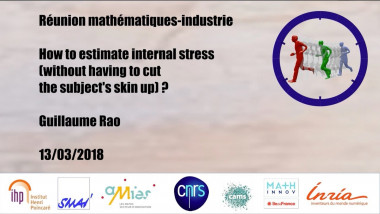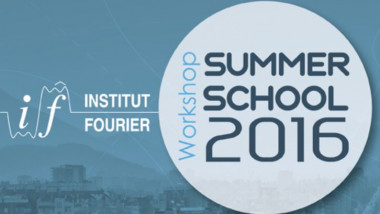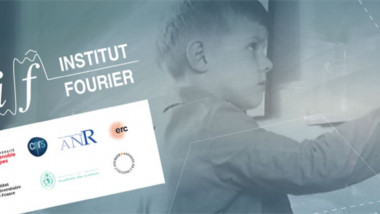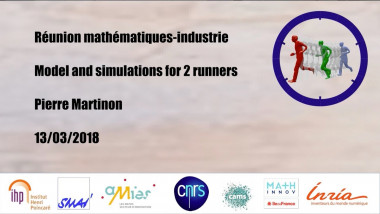Appears in collection : Mathematics and mouvement in sport - 13/03/2018
Applied mathematics can be used to quantity and investigate human movement in a variety of settings from both an experimental and theoretical perspective. This presentation will investigate human movement in sport including both the examination of actual performance and also using theoretical computer simulation models to investigate factors that limit optimal performance. A range of examples will be used including; gymnastics tumbling, one-handed backhand strokes in tennis and fast bowling in cricket. For all studies in biomechanics a strong theoretical understanding is essential so that results obtained can be understood and relationships or factors that are important to performance explained. For the theoretical analysis torque-driven forward dynamics subject-specific computer simulation models will be developed. Each simulation model is evaluated by comparing simulations with actual performances. Simulations and optimisations are then used to investigate specific questions for each activity. Using a subject-specific simulation model allows an ideal experiment to be run with one variable being perturbed at a time so that the effect of a specific variable can be established.
Around the Mathematical Week "Mathematics and movement", half a day is dedicated to mathematical issues related to movements in sports. It will take place on Tuesday, March 13th from 9am to 12pm at Institut Henri Poincaré, Paris. This event will bring together researchers and industries to discuss the challenges of tomorrow.
















